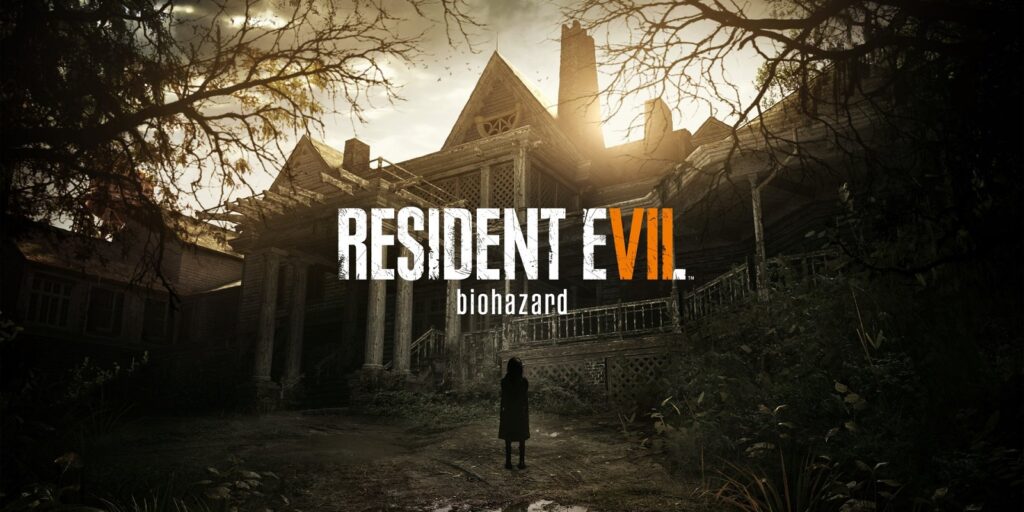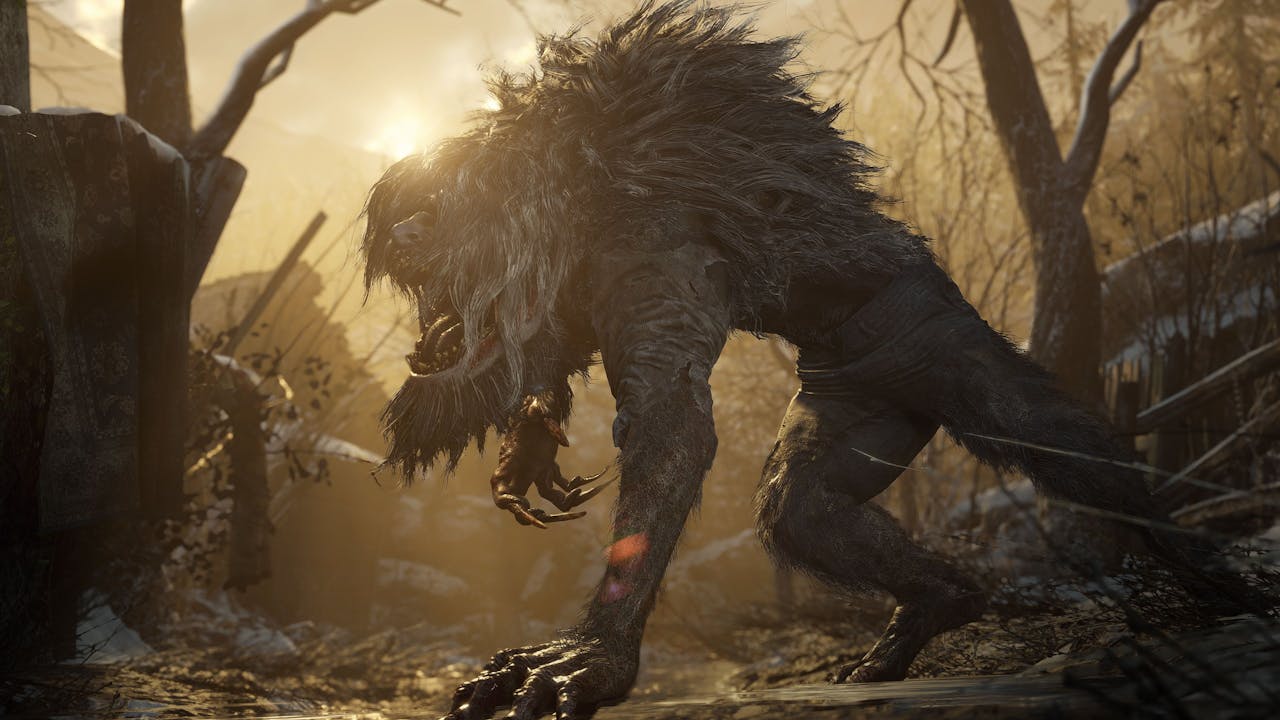- Resident Evil 7 was seen as a solid return to form for Capcom’s survival horror series.
- This entry helped the franchise flourish and achieve more than 82 million sales in subsequent years.
- In total, more than half of the lifetime franchise sales came after Resident Evil 7’s success.
Looking at the survival horror genre, Resident Evil is one name that instantly comes to mind. Debuting in 1996, the franchise has rarely disappointed, but it found itself in a difficult spot after transitioning to a more action-focused approach.
This changed in 2017, with Capcom releasing Resident Evil 7 as a classic-style survival horror entry. According to a report, much of this IP’s current success came after the seventh mainline title debuted.
Why it matters: Capcom’s current success is an example of dealing with franchise fatigue. Despite the mixed reactions to Resident Evil before 2017, the studio successfully turned things around.

This information comes from industry analyst Daniel Ahmad, who pointed to the 154 million lifetime sales of the series. He asserted that 82 million of sales came after Resident Evil 7.
In total, around 53% of lifetime sales were recorded after 2017, with the seventh entry catapulting the franchise to new heights. To Capcom’s credit, this success was also a result of the many high-quality entries that followed.
The studio released two highly successful remakes and a follow-up in the form of Resident Evil Village, in addition to other entries. However, this success began after Capcom revived the series in 2017.
While prior entries had strayed away from the IP’s roots, Resident Evil 7 marked a return to form that became a common theme for subsequent entries. At the same time, older titles continued to rack up sales, amounting to Capcom’s 154 million figure.
Today, Resident Evil 7 is Capcom’s second-best-selling horror game, closely following Resident Evil 2 Remake with 13 million sales. Meanwhile, last year’s Resident Evil 4 Remake has sold 7 million copies, making it the IP’s fastest-selling release.

Capcom seeks to continue this success with Resident Evil 9, hoping to tap into the potential of open-world gameplay for another remarkable release.
With another shakeup like Resident Evil 7, the studio may already be on to something. Perhaps the new style will mark another significant boom for the IP that will ensure millions of sales in the foreseeable future.
Thank you! Please share your positive feedback. 🔋
How could we improve this post? Please Help us. 😔
[News Reporter]
Bawal is an MBBS student by day and a gaming journalist by night. He has been gaming since childhood, growing fond of the creativity and innovation of the industry. His career as a gaming journalist started one year ago, and his journey has allowed him to write reviews, previews, and features for various sites. Bawal has also been cited in reputed websites such as Screenrant, PCGamesN, WCCFTech, GamesRadar, and more.


 Threads
Threads

